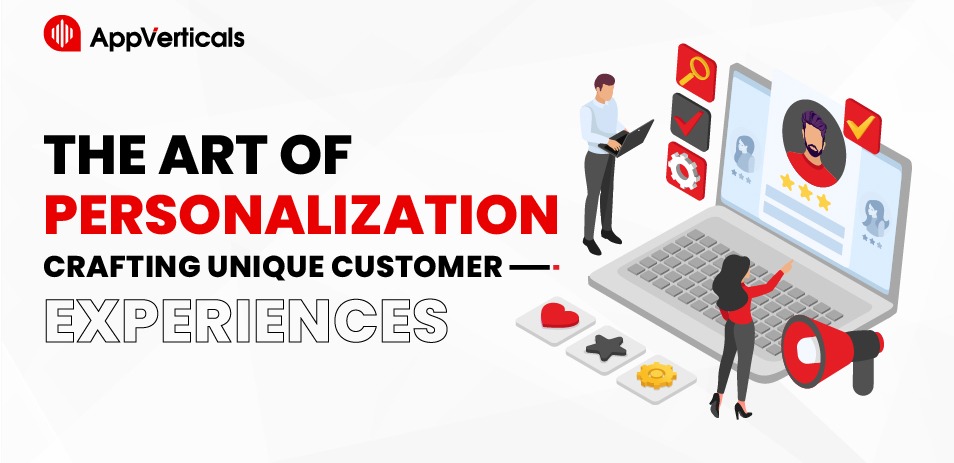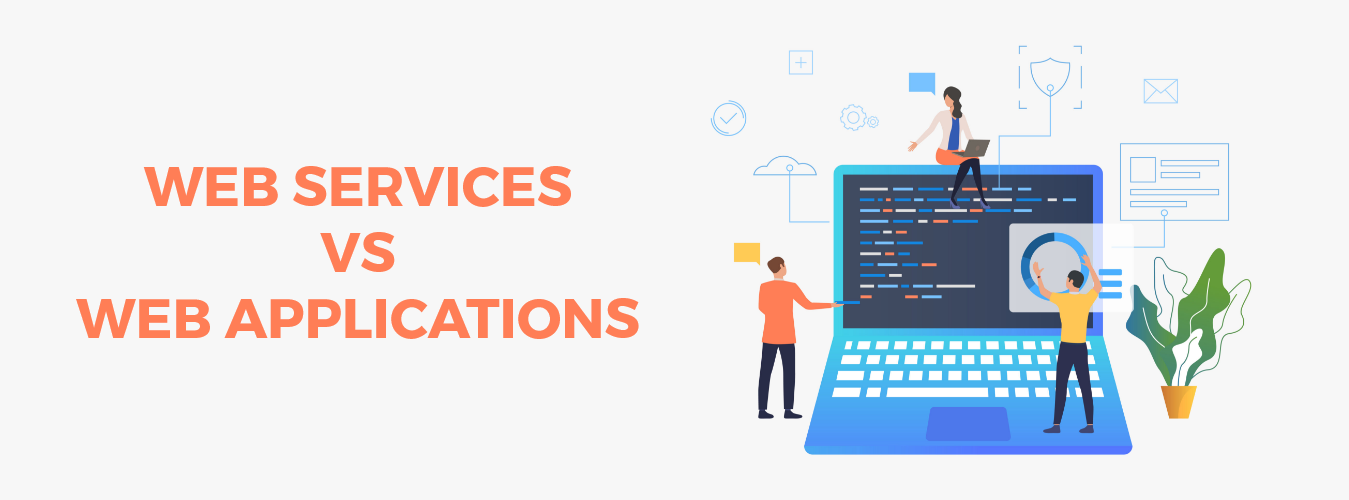What Is Shopify & Is Shopify Worth It?
Shopify is an ecommerce SaaS (software-as-a-service) solution with all the tools you need to launch a website. You only need to visit the main website and establish an account, and that’s it—you don’t even need to get a host or deal with any technical issues. Your Shopify store can debut without a lot of the hustle and bustle.
You may quickly test out this platform without providing your credit card information, thanks to Shopify’s 90-day free trial. Shopify will start charging you a monthly fee after choosing a plan, which varies based on your package. No matter how big your company is, Shopify is always a choice to consider. One element contributing to user trust and reputation building is its scalability. The ecommerce platform offers the highest satisfaction, even for huge stores, with an astounding number of add-ons and integrated functions.
Crafting Your Ideal Mobile App/Experience Starts Here!
Ready to elevate your business? Your custom app is just a click away.
Yes Let’s goShopify Pros and Cons
Pros of Shopify
Easy to Use
Shopify’s user-friendliness is one of its strongest points. When deciding to move your business online, the objective is to get it up and running as soon as feasible. The goal has been unsuccessful if you only need to learn a new talent to start your business online. With Shopify, you can easily modify and start your business online, or you can take help from top app development companies.
Variety of features
For customers with more specialized needs, such as those requiring wholesale or B2B connectivity, Shopify shop also offers more sophisticated functionality. You can easily add products, manage your inventory, set up shipping, and create discount codes using Shopify’s default capabilities. You can nearly always find what you’re seeking when it comes to giving your shop functionality.
Big Choice of Themes
Beautiful storefront themes are one of Shopify’s greatest advantages. They help you keep consumers by making a website look lovely and expert. Shopify offers retailers a variety of theme choices for their stores. You may filter them, select whether or not they are responsive or solely for mobile devices, and decide whether to utilize free or premium themes. Industry-specific themes include art and photography, jewelry and accessories, food and drink, furniture, and much more.
Multiple Payment Method
It’s critical that your website can increase sales because they are your top concern. An interruption may force a consumer to leave the website despite having items in their cart. They may forget about this and never revisit it. You can assist with a cart that has items in it that have been forgotten by using Shopify’s feature called abandoned cart recovery. This function reminds the user by emailing them at predetermined intervals. You can choose your period.
Cons of Shopify
No Access to Email Hosting
Email hosting is not a feature of Shopify’s services. If you want to create an email address for your shop, you must look for another provider. Even though it’s a straightforward procedure, you still need to factor this expense into your overall budget. For instance, at the time, hosting an email address with @yourdomain will run you about $10 per month through services like Google email hosting.
Poor CMS
As essential as starting your business is marketing it. And a good way to promote is through content marketing. Content marketing includes social media, Search, and blogging. Shopify is a flexible platform that enables you to advertise your company using its content marketing function. With Shopify, you might not have the greatest blogging experience, though.
Why? because Shopify’s integrated software has many shortcomings. For instance, there is no category for the blogging function. You must therefore use outdated editors, rigid blog layouts, and tags in your article. Additionally, it is difficult to integrate a third-party extension for writing on Shopify.
Limited Customization
Although Shopify offers a large selection of themes, there are few options for personalization. If you want to customize the appearance and atmosphere of your shop, you must employ a designer. A poorly designed website might prevent prospective customers from engaging with your business. In this situation, they might choose to visit a rival website and never come back. As a result, you should employ an SEO specialist to ensure your success, even if it’s just to assist you with your technical SEO and initial content strategy. Never undervalue your business because of a subpar Shopify website design that can also affect your SEO.
Scalability
Given their low expectations for sales and profits, small companies are the ideal customers for eCommerce platforms like Shopify and BigCommerce. The majority of hosted solutions, including Shopify, struggle to manage eCommerce stores with millions of customers and a diverse selection of goods. In the long run, a website created on Shopify will experience scalability problems. You will need to transition to better solutions as soon as your customer volume and transaction volume start to rise over time, as Shopify might not be able to meet your needs.
While scaling many metrics and areas, such as handling traffic, is necessary to grow an online store, many other parameters fall apart rapidly when using a system like Shopify. The underlying architecture cannot handle these use cases, and more crucially, the plugins created for them are much worse. In addition, because of these inherent constraints, you will probably reach a moment where you must completely revamp.
Migration Difficulty
The migration of Shopify customers to other platforms is not uncommon. However, many users grumble that choosing to make such a switch can make migration more difficult in multiple ways. While migrating from Shopify, you might also lose some of your stored data. The only option remaining for you is to export your website as a CSV. With many eCommerce systems, including Shopify, this problem still exists.
Conclusion
Don’t undervalue the advantages of Shopify’s combined platform. For a good cause, Shopify is the preferred e-commerce platform. It offers a reliable platform with many features businesses require to operate online while also being user-friendly and devoted to providing a positive experience for its users—shop employees and clients. Since Shopify has been the engine behind numerous online businesses for many years, it has evolved to remain abreast of the newest trends and offer the most modern tools stores require to succeed in the global market. As the markets evolve over time, it will surely continue to grow, modify its toolkit, and satisfy the needs of shops.
Crafting Your Ideal Mobile App/Experience Starts Here!
Ready to elevate your business? Your custom app is just a click away.
Yes Let’s go







